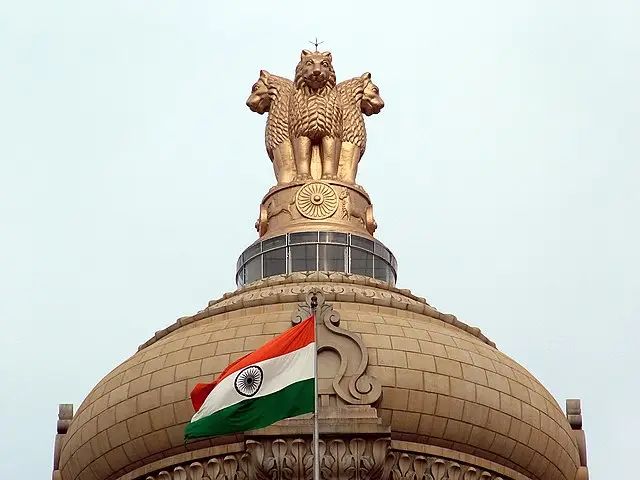Delhi High Court Rebukes Government Over Delay in Filling Key Child Rights Posts

Delhi HC Criticizes Child Rights Delay Amid Government Inaction
The Delhi High Court has strongly criticized the city administration for its failure to appoint members to crucial child rights bodies. According to the court, this delay is not just administrative negligence—it is directly impacting the welfare of vulnerable children.
DCPCR and DCPUs Remain Inactive Due to Ongoing Appointment Delays
A bench led by Chief Justice D.K. Upadhyaya and Justice Tushar Rao Gedela noted that both the Delhi Commission for Protection of Child Rights (DCPCR) and the Delhi Child Protection Units (DCPUs) have remained non-functional. This, the court emphasized, has happened because of the government’s prolonged failure to fill vacant posts. As a result, key statutory functions meant to protect children are not being carried out.
Delhi HC Reminds Government of Missed Child Welfare Deadlines
Previously, in October 2024, the court had ordered the government to complete the DCPCR appointments within three months. However, that directive has still not been followed. The bench highlighted that despite repeated warnings, the administration has failed to take the necessary steps. Therefore, the court found it necessary to intervene once again.
Chief Justice Slams Officials for Neglecting Child Protection Duties
During the hearing, Chief Justice Upadhyaya expressed serious concern about the government’s indifference. He remarked, “Are you not in contempt of court? Forming this Commission is your job, as entrusted by the legislature. Do we really need to pass orders every time for duties that are already mandatory?” Clearly, the judiciary is losing patience with repeated excuses.
Court Orders Timelines for DCPCR and Child Protection Unit Appointments
When the government’s counsel asked for two more months to complete the appointments, the court rejected the request. Instead, it imposed stricter deadlines. The judges ordered that the DCPCR selection process be concluded within six weeks, while DCPU appointments must be finalized within eight. Moreover, the administration must present a vetted list of candidates before the court once scrutiny is complete.
Child Welfare Experts Warn of Risks from Continued Administrative Lapses
Experts in child welfare have repeatedly warned that such delays can lead to dangerous consequences. Without functioning institutions like DCPCR and DCPUs, abused or neglected children may never receive proper care or justice. Furthermore, the absence of oversight enables systemic issues to go unnoticed and unaddressed.
Delhi HC Steps in to Enforce Accountability on Child Welfare Failures
The judiciary’s involvement once again highlights the gap between legislation and implementation. In fact, the court’s role has become increasingly vital in pushing the executive to act. However, many ask why it takes court orders to get basic governance tasks done—especially those involving children’s lives.
Delay in DCPCR Appointments Reflects Deeper Policy Neglect
Ultimately, the delay in appointments is not just a procedural lapse—it reflects a deeper, ongoing neglect of child welfare policy. Unless the government acts with urgency and sincerity, children in the capital will continue to suffer from a lack of institutional protection.






